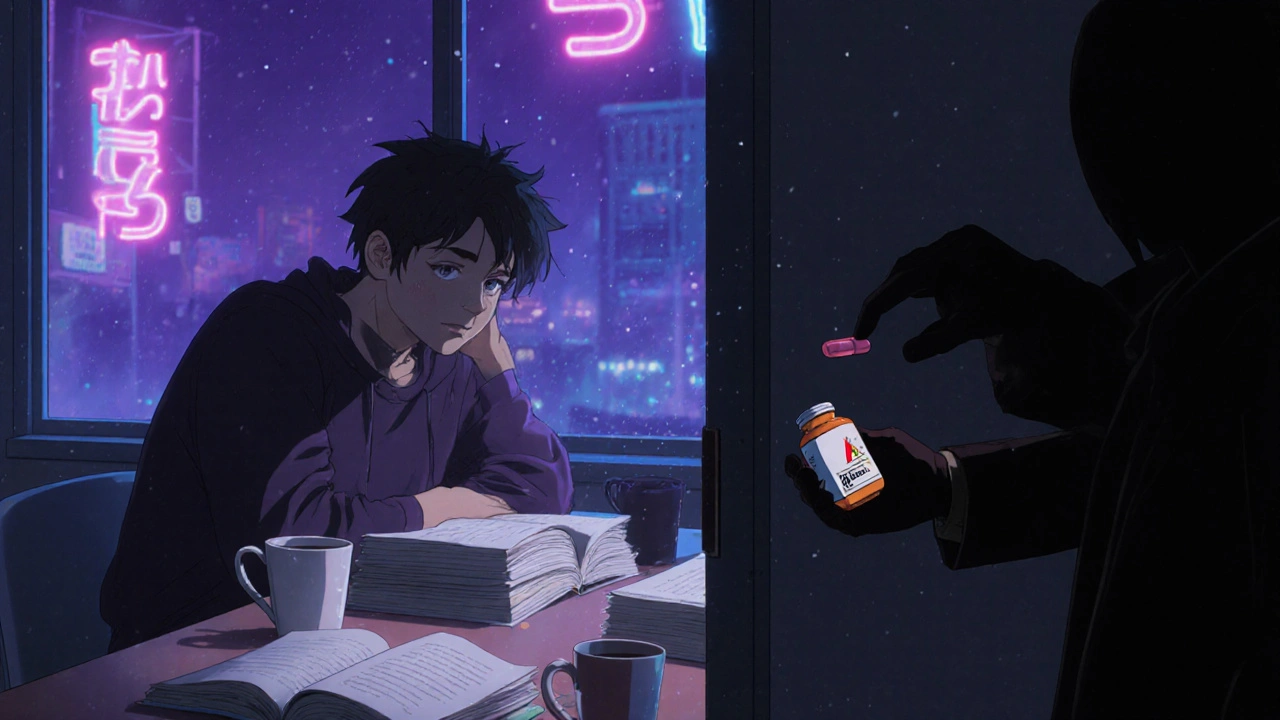When people talk about stimulant misuse, the improper use of prescription or over-the-counter stimulants for non-medical reasons, often to boost focus, energy, or mood. Also known as stimulant abuse, it includes taking higher doses than prescribed, using someone else’s medication, or crushing pills to snort or inject. It’s not just about party drugs—it’s often someone taking their own ADHD pills to pull an all-nighter, or a student sharing Adderall before an exam. The line between help and harm gets blurry fast.
Stimulant misuse doesn’t always look like addiction. Sometimes it’s just taking an extra pill because you feel tired. But even occasional misuse can raise your risk of high blood pressure, a sudden spike in heart rate and blood pressure that can trigger heart attack or stroke, especially in young people with undiagnosed heart conditions. It can also lead to anxiety, intense panic, paranoia, or insomnia that lasts for days after use. And when people start needing more to feel the same effect, dependence is already setting in.
What makes this worse is how normalized it’s become. College campuses, offices, even high schools—people think if it’s prescribed, it’s safe. But using stimulants without a diagnosis or doctor’s oversight is like driving without a license. You might get away with it once. But the body doesn’t care if your intentions were good. It reacts to the chemical, not the reason.
Some of the posts below show how these drugs interact with other meds—like how mixing stimulants with antidepressants or blood pressure pills can turn dangerous. Others reveal real stories from people who started with a prescription and ended up struggling with dependence. There’s also advice on spotting the signs in yourself or someone else, and what to do when you realize it’s gone too far.
This isn’t about shaming. It’s about awareness. Whether you’re using stimulants the right way and want to stay safe, or you’re worried you’ve crossed a line, the information here is practical, no-fluff, and straight from real cases. You’ll find clear guidance on risks, alternatives, and how to get help without judgment.

Medication safety for college students means understanding the risks of prescription drug misuse, how to store and dispose of meds properly, and finding healthy ways to cope with stress. Learn the facts, avoid sharing pills, and get help when you need it.